fdsfds fsd fsddfs
Author: Mark Danson
popup
Only Human
Some people are alienated by and distrustful of advances in medical science and researcher, especially around DNA and genetics.
The majority of the British public feel that scientists should listen more to what ordinary people think. We agree with them. And we research how to communicate better. Which is why we’ve developed this website.
Watch a video, then use the quick-response survey questions to let us know how you feel about it. There’s a range of videos you can watch, in different genres, tones and lengths.
Based on your responses we hope we can improve how things having to do with science, especially DNA, are communicated. We use minimal cookies to store your feedback for our research, and by using the site you agree that you’re OK with this.
Thank you for taking part in Only Human.
video head test
Content trest
tes ges
ges
Ridley Scott Associates
Does this make you feel anything
liked it
not at all very
indifferent
not at all very
mentally engaged
not at all very
bored
not at all very
sensed a deeper meaning
not at all very
confused
not at all very
sparked my interest
not at all very
unsettled
not at all very
1 / 8
About this survey
This research is all about connection and so we’d love you to tell us how each film makes you feel.
To read more about our process, have a read of our evidence base page.
Watch something else?
Music of LifeInformation about this project
You the Jury
Does this make you feel anything
liked it
not at all very
indifferent
not at all very
mentally engaged
not at all very
bored
not at all very
sensed a deeper meaning
not at all very
confused
not at all very
sparked my interest
not at all very
unsettled
not at all very
1 / 8
About this survey
This research is all about connection and so we’d love you to tell us how each film makes you feel.
To read more about our process, have a read of our evidence base page.
To edit or not edit? Ordinary people have their say on genetics
Are there any circumstances under which a UK Government should consider changing the law to allow intentional genome editing of human embryos for serious genetic conditions?
Socialising the Genome
Does this make you feel anything
liked it
not at all very
indifferent
not at all very
mentally engaged
not at all very
bored
not at all very
sensed a deeper meaning
not at all very
confused
not at all very
sparked my interest
not at all very
unsettled
not at all very
1 / 8
About this survey
This research is all about connection and so we’d love you to tell us how each film makes you feel.
To read more about our process, have a read of our evidence base page.
Watch something else?
It's only human...Based on the feedback from members of the public we tried out 6 different ways of introducing the topic of genetics. The aim was to create fresh, informative, surprising and shareable bite-sized insights about DNA and genetics, all of which used everyday language – from gnomes to conspiracy theories. See if any of these help explain what the science is, and what it can do for you.
Music of Life
Does this make you feel anything
liked it
not at all very
indifferent
not at all very
mentally engaged
not at all very
bored
not at all very
sensed a deeper meaning
not at all very
confused
not at all very
sparked my interest
not at all very
unsettled
not at all very
1 / 8
About this survey
This research is all about connection and so we’d love you to tell us how each film makes you feel.
To read more about our process, have a read of our evidence base page.
Watch something else?
Liming with GranThis is the title
Currently being trialled by genetic counsellors at Guy’s and St Thomas’ Hospital in London, we created films that use the metaphor of music to describe genetics to patients from the Genomic Medicine Service.
another titlte
The Evidence Base
The following research guides our Insights Framework for the Only Human project; it is based on an academic narrative review which has explored attitudes towards genomics from broad public audiences and novel public engagement methods. It is also based on our collective experience as well as research insights into the difference between ‘what we say and what people hear’ when we talk about genomics.
There is no existing, universally accepted strategy for engagement about genomics
“As detailed in its flagship report, Genome UK, the UK government recognises the vital role that broad public engagement across whole populations plays in the field of genomics. However, there is limited evidence about how to do this at scale, particularly for public audiences who are not especially interested in the science, are unsure of the relevance to their lives or who feel disengaged from it. We use a narrative review to explore: (i) UK attitudes towards genetics and genomics and what may influence reluctance to engage with these topics; (ii) innovative public engagement approaches that have been used to bring diverse public audiences into conversations about the technology. Whilst we have found some novel engagement methods that have used participatory arts, film, social media and deliberative methods, there is no clear agreement on best practice. We did not find a consistently used, evidence-based strategy for delivering public engagement about genomics across diverse and broad populations, nor a specific method that is known to encourage engagement from groups that have historically felt (in terms of perception) and been (in reality) excluded from genomic research. We argue there is a need for well-defined, tailor-made engagement strategies that clearly articulate the audience, the purpose and the proposed impact of the engagement intervention. This needs to be coupled with robust evaluation frameworks to build the evidence-base for population-level engagement strategies.”
Middleton et al (2023) “Public engagement with genomics” Wellcome Open Research (under review)
Leading with the benefits of genomics falls flat for some
“The way we ‘talk’ about genetics plays a vital role in whether public audiences feel at ease in having conversations about it. Our research explored whether there was any difference between ‘what we say’ and ‘what people hear’ when providing information about genetics with community groups who are known to be missing from genomics datasets. We conducted 16 focus groups with 100 members of the British public who had limited familiarity with genomics and self-reported as Black African, Black Caribbean, Pakistani as well as people of various ancestral heritage who came from a disadvantaged socio-economic background. Participants were presented with spoken messages that explained what genomics was and their responses to these were analysed. Results indicated that starting conversations which framed genomics through its potential benefits were met with cynicism and scepticism. Participants cited historical and present injustices as reasons for this as well as mistrust of private companies and the government. Instead, more productive conversations led with an acknowledgement that some people have questions –and even concerns –about genomics, before introducing any of the details about genomics. In order to diversify genomic datasets, we need to linguistically meet public audiences where they are at. Our research has demonstrated that everyday talk about genomics, used by researchers and clinicians alike, is received in different ways than how it is likely intended and we may inadvertently be further disengaging the very audiences that diversity programmes aim to reach.”
Middleton et al (2023) “The Legacy of Language: What we say, and what people hear, when we talk about genomics” Human Genetics and Genomics Advances (under review)
A public backlash towards genomics is a risk all of us working in genomics must share
“Public audiences do not distinguish between organisations working in genomics. This means a public backlash in one area of genomics impacts all – whether we are in healthcare, in non-profit academic research or for-profit industry developing life-saving gene therapies. Taking proactive steps to understand, explore and address public concerns is something we should be doing collectively because no one organisation can mitigate risk in this arena alone.”
Middleton A, Parry V, Borra J, Oriviss K (2022) A public backlash towards genomics is a risk all of us working in genomics must share. The Lancet regional health. Vol 15, April 2022
We could do better about communicating science
“A third of people (32%) said that they rarely or never talked about science with family, friends or colleagues.”
“[Only] 22% people described themselves as feeling connected to science”
“38% saw scientists as being poor communicators.”
Government Department for Business, Energy and Industrial Strategy, Public attitudes to science 2019: Main report. 2019. Research Paper Number 2020/012. Accessed from:https://www.gov.uk/government/publications/public-attitudes-to-science-2019
Who are we?
The core team running this project are friends and colleagues who have been working in engagement, counselling and communication about genetics for many years. This project is not-for-profit, but for humankind.
We have no positive/negative spin on genetics, nor do we seek to increase uptake in genetic research or sell anything. Our aim is to find out whether there are better ways to connect with public audiences who switch off before a conversation has even started. We are aiming to build a co-operative of partners who want to build, share and use a collective engagement strategy to communicate genetics better.
Organisationally we are based in Wellcome Connecting Science and the Kavli Centre for Ethics, Science, and the Public at the University of Cambridge. Our work explores how to connect science and society.
Founding individuals:
Professor Anna Middleton, Associate Director Wellcome Connecting Science, Cambridge and Director Kavli Centre for Ethics, Science, and the Public, University of Cambridge. Funded by Wellcome Connecting Science and the Kavli Foundation. Genetic counsellor, expert in social science research on ethical issues raised by genetics.
Vivienne Parry OBE, Head of Public Engagement, Genomics England, London, funded by Genomics England. Journalist, expert in engagement and communications.
Julian Borra, Founder of Thin Air Factory, Brighton, expert in creative story telling and communications, funded by Genomics England and Wellcome Connecting Science.
Kate Orviss, Lead of Global Genomics Initiative, People Policy Projects (PPP), London, expert in policy and law, funded by PPP.
Website and design of user journey
This website is both a home for the project and also a conduit between the creative assets and the public, i.e. the site is coded to gather research data on what the audience thinks about each of the assets.
Mark Danson, Wellcome Connecting Science, Cambridge
Ben Tomlin, Wellcome Connecting Science, Cambridge
Catherine Galloway, Kavli Centre for Ethics, Science, and the Public, University of Cambridge
Community Engagement Partner: Centric
One of our partners is Centric – experts in community engagement with members of the public from historically marginalised communities. Using skills in ‘social brokerage’ they will reach community audiences to do focus groups on some of our filmed assets. Centric are one of our key community research partners who will deliver an arm of qualitative, filmed research for the Only Human project.
The Gift of Insight
As academics, creatives and policy makers we’ve already done a significant amount of research in the space of genomics and engagement. See here for more details. The Feed shows the creative assets we’ve already made and the Research Ethics Approval details more about the research element of this website.
Creating a Co-Operative
In 2022 we launched our Call to Action with Public Policy Projects, aligned to co-incide with the G7 meeting in the UK. It started with a webinar, then a series of 6 roundtables that brought together experts in genomics, public engagement, creative storytelling, ethics, policy and then ended with a workshop at a global genomics conference. Here we started to build our network. With pump priming funding to get the project up and running from Wellcome Connecting Science, Genomics England and the Kavli Centre for Ethics, Science, and the Public, the Only Human project was born.
We are now ready to build the co-operative and are seeking donations to be be part of this.
Only Human has a number of partner types:
FOUNDING PARTNERS
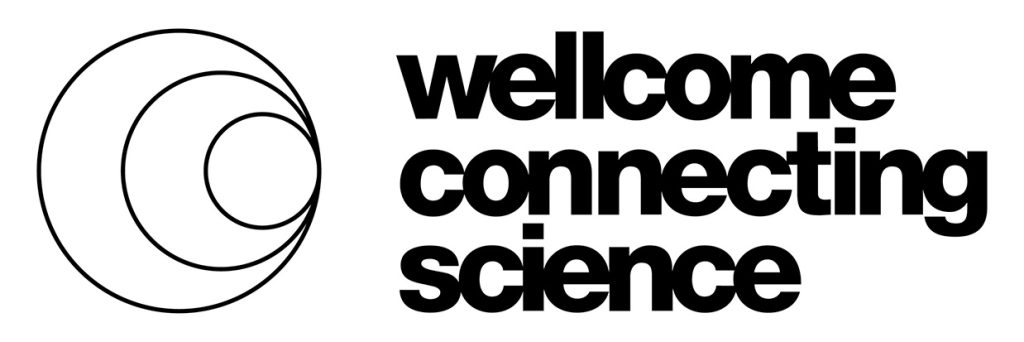

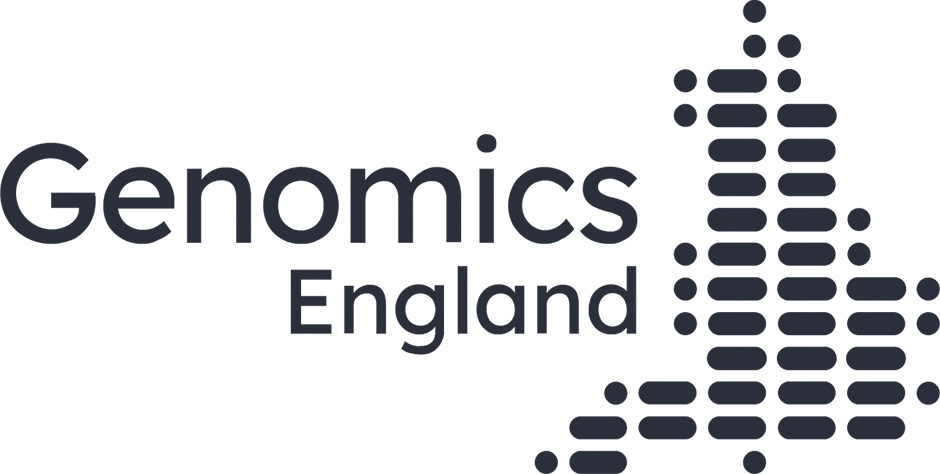
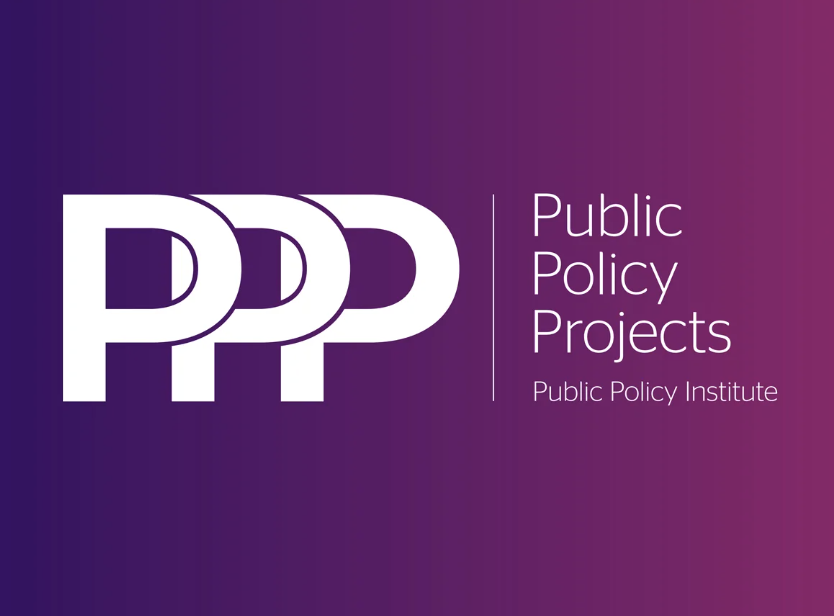
CREATIVE PARTNERS
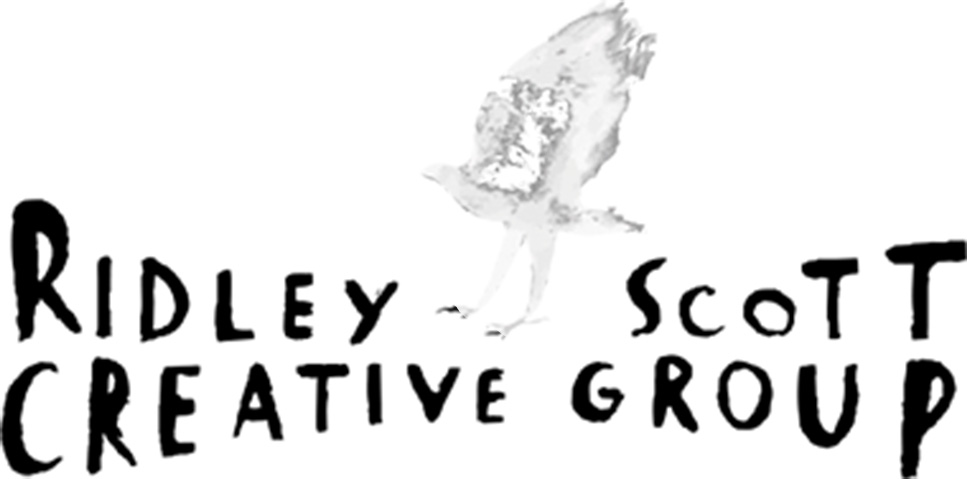




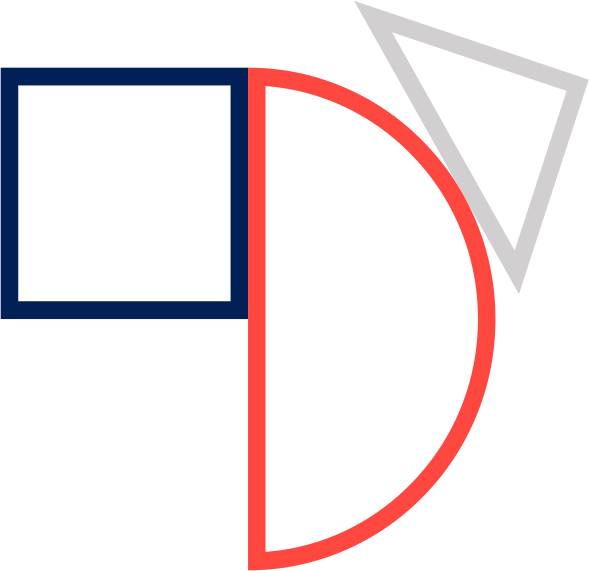
STRATEGIC PARTNERS
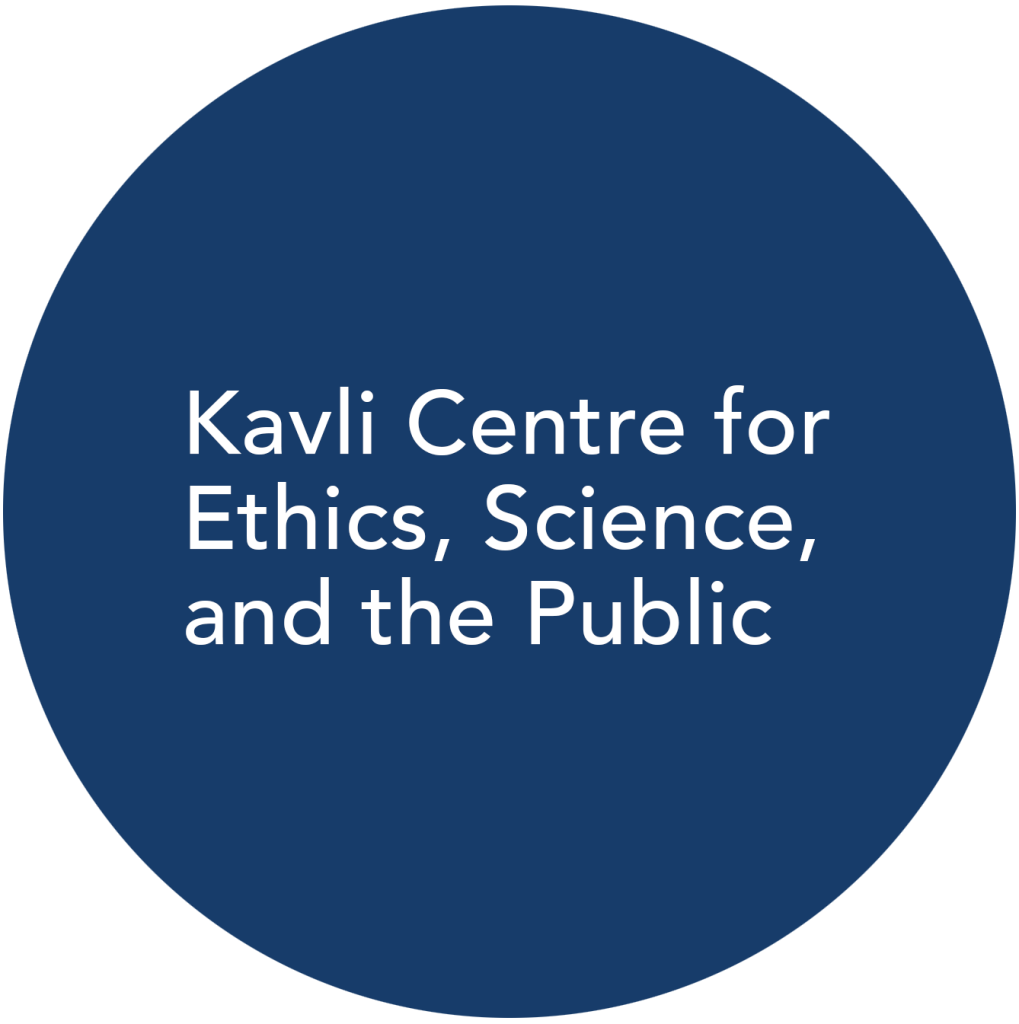
INSIGHT & RESEARCH PARTNERS
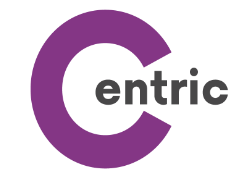
MEDIA PARTNERS

Contact us
Please upload a fax to hashtag onlyhumanchat and we’ll take it from there.

